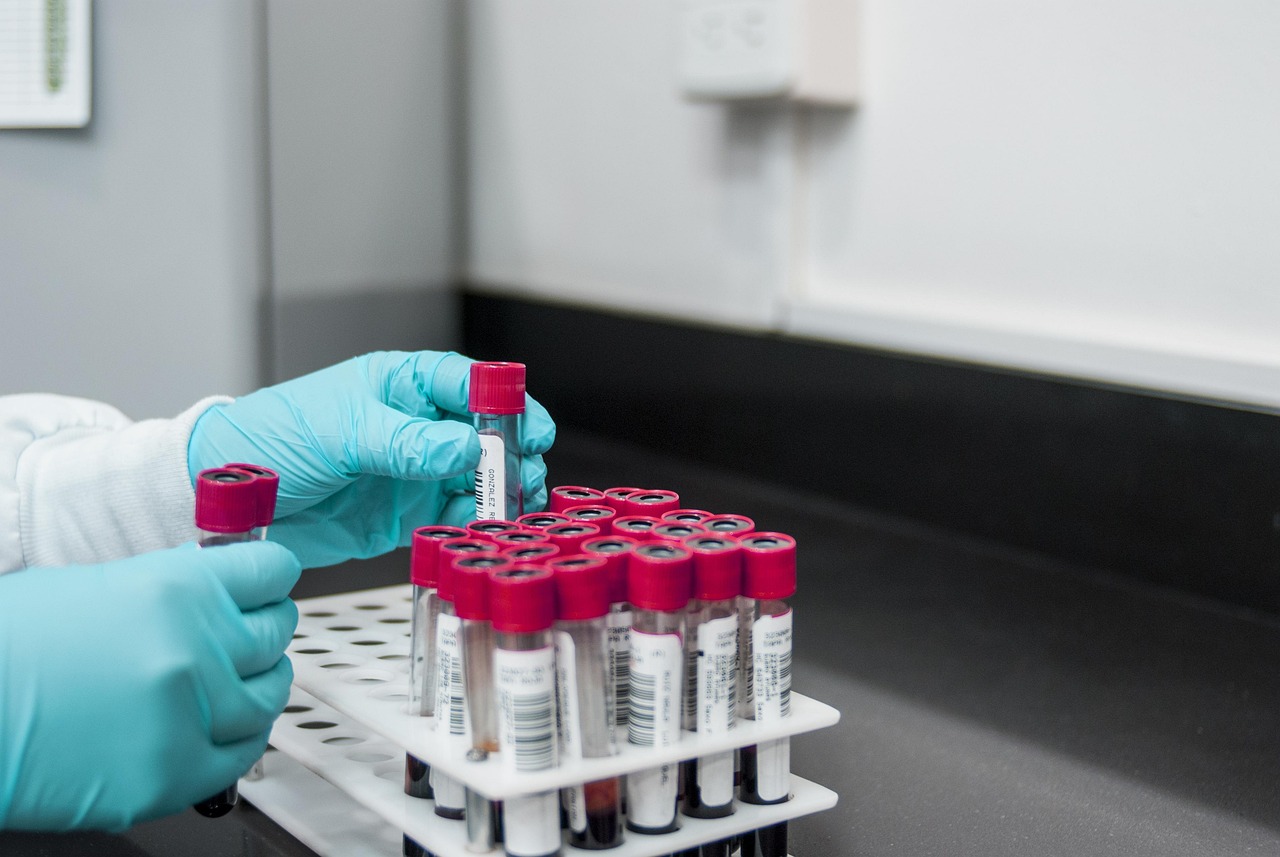Attachments
Note: Not all attachments are visible to the general public. Research URLs will go live after the embargo ends.

Journal/
conference: JAMA Surgery
conference: JAMA Surgery
Research:Paper
Organisation/s:
Beckman Research Institute of City of Hope, US
Funder:
The present work was
supported by the CA72851, CA181572, CA184792,
CA187956, CA202797, CA214254, and CA271443
grants from the National Cancer Institute, National
Institute of Health, as well as by a grant from the
American Gastroenterological Association (AGA)
Robert & Sally Funderburg Research Award in Gastric Cancer, and generous support from the
Stupid Strong Foundation.




 International
International


